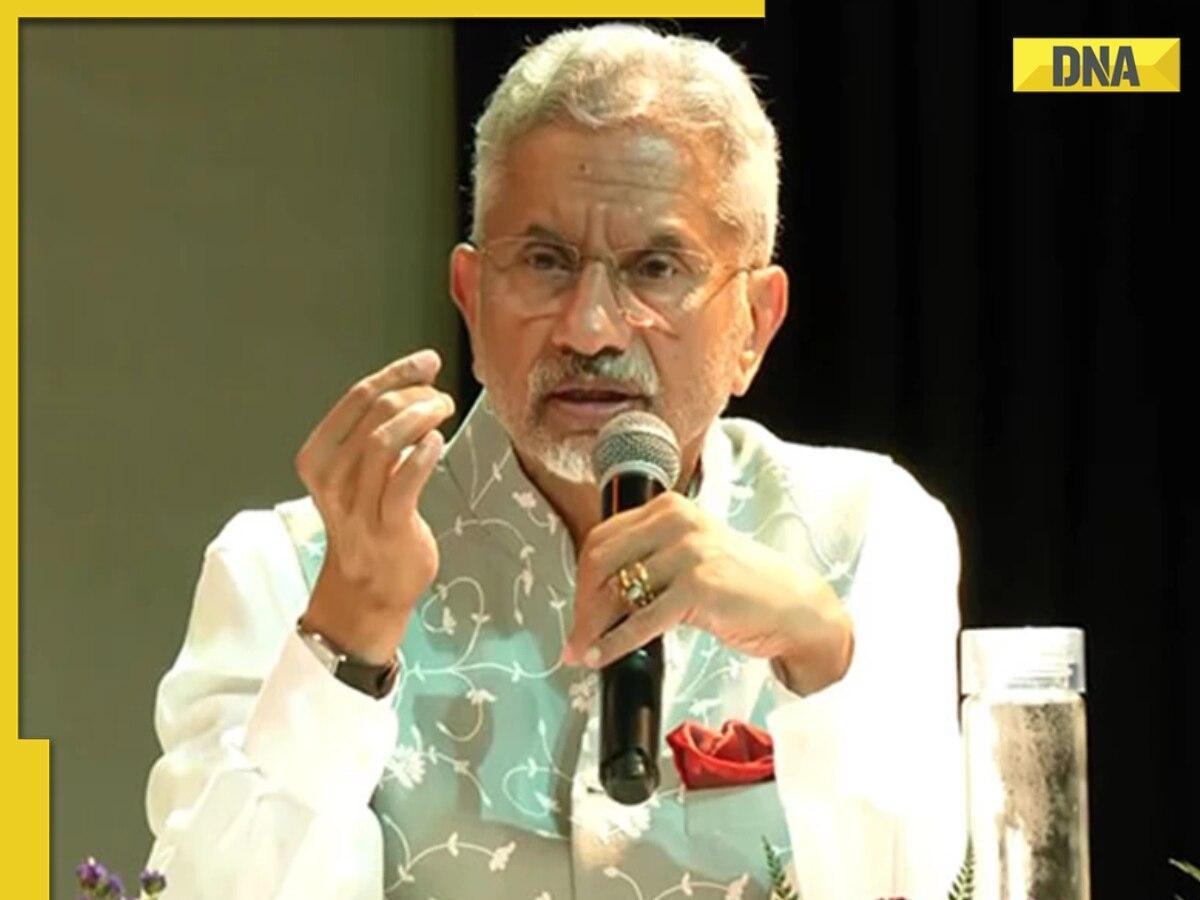
In a recent engagement with a group of students at Gargi College, External Affairs Minister (EAM) S Jaishankar articulated a unified stance among India’s political parties regarding the reclaiming of Pakistan-occupied Kashmir (PoK) as an integral part of India. Emphasizing the heightened awareness of the PoK issue among the Indian populace, Jaishankar cited the abrogation of Article 370 in Jammu and Kashmir as a catalyst for change in public perception and policy discourse.
Article 370, a provision granting special autonomy to the state of Jammu and Kashmir, was revoked by the BJP-led government in August 2019, a move that stirred considerable debate within and outside the country. According to Jaishankar, this decision has shifted the ground realities and prompted people to recognize that modifications to the constitutional status quo were indeed possible. He expressed that earlier assumptions that Article 370 was beyond the scope of amendment had been entrenched in public consciousness due to the political narratives of the past.
In his address, Jaishankar underscored the significance of the national resolve as embodied in a parliamentary resolution that unambiguously sought the reintegration of PoK with India. He pointed out that the topic of PoK which had not prominently featured in national discussions a decade or even five years ago, had now been propelled to the forefront of public thought. The idea, he mused, was that once an issue becomes ingrained in collective thought, subsequent developments towards resolving it are inevitable.
The minister elucidated the transformative effect of the abrogation of Article 370 on national sentiment, asserting that it has instigated a palpable shift making the PoK issue a pivotal point of concern among Indian citizens. This, Jaishankar argued, is reflective of the broader psychological prerequisite that precedes tangible action or events: before something can happen, it first needs to be envisioned and conceptualized.
While the discourse within India appears to show a unified and resolute stance on the subject, the context in the PoK region itself is marked by controversy and strife. Political and human rights organizations in the occupied territory have planned protests to draw attention to the mounting economic hardships faced by the inhabitants. The United Kashmir People’s National Party (UKPNP) and the Joint Awami Action Committee (JAAC) have jointly called for a long march that will culminate in a sit-in on May 11 in the city of Muzaffarabad—the capital of PoJK.
Activists, including PoJK resident Amjad Ayub Mirza, have raised concerns encompassing issues such as rising inflation, rampant unemployment, the removal of subsidies on essential goods like wheat and flour, and the enduring problem of forced load shedding. They have also drawn attention to the extraction of the region’s natural resources and the preferential treatment extended to the civil bureaucracy in PoJK, highlighting that locals are yet to receive their due wages and pensions.
In response to the planned protests, the administration in charge of PoJK, orchestrated by the Pakistani government, has reportedly requested reinforcement in the form of Punjab province police and the frontier corps to be deployed in the region, an act that activists claim is intended to disrupt the peaceful demonstration.
This unfolding scenario surrounding PoK adds another layer to the complex geopolitical fabric of the region and further cements the issue’s prominence in India’s external policy conversation. EAM S Jaishankar’s remarks not only reaffirm a collective political will within India but also reveal a growing popular expectation for the resolution of the longstanding PoK dispute.












